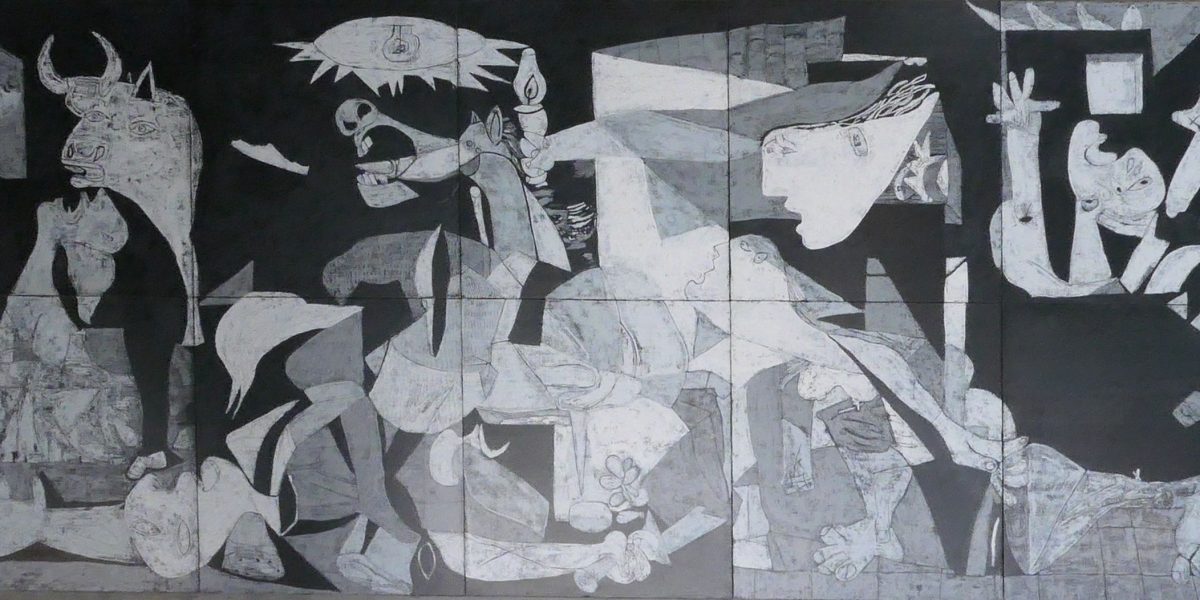Philosophy of War and Peace

Faculty:
Course Schedule:
Spring 2025 | Thu 18:00 – 21:00 CET (Berlin)
Spring 2025: February 10 — June 3
Subject: HRA
Course Level: 500
Number of Credits: 4 U.S. / 8 ECTS
Max Enrollment: 22
Schedule: Thu 18:00 – 21:00 CET (Berlin) | 12:00 – 3:00 PM EDT (New York)
Language of Instruction: English
Course Prerequisites: Bachelor or equivalent degree; English B2 / Equivalent or higher
War – polemos – is often considered among the most anti-intellectual human activities, but until the last century, it used to be a long-time favorite subject of philosophy. Western philosophy begins with Heraclitus’ dictum that war is the father of all. The idea that the truth does not lie ready out there, but is essentially contested, was in a way a huge step forward, allowing philosophers to see a two-sided, dynamic nature of reality. At the same time, philosophy strived to tame war by turning it into “polemics,” a heated dialogue, or what Plato called “a dialectic.” Moreover, throughout the history of philosophy, war kept returning philosophy’s reality, or its uncanny “Other.” This made philosophy a great tool to understand the war itself, in all its apparent irrationality and wildness. This is particularly true of the 20th and 21st centuries, when, in spite of causing aversion, in its dissociation into the rational and irrational, regular and irregular forms, war became a privileged subject of thought. To achieve peace, philosophers thought they needed to grasp the war on a deeper level. Subsequently, this course’s focus will be the war of the most recent kind. To understand it, we will be reading such philosophers and political theorists as Plato, Grotius, Kant, Hegel, Klausewitz, Tolstoy, Schmitt, Junger, Deleuze, Mary Caldor, Hardt and Negri, and Girard.
Guidelines for the Statement of Purpose:
Craft a reflective statement of purpose explaining your interest in the Smolny Beyond Borders online course. The file should be saved with your name and course title as the filename and uploaded accordingly. Your statement’s clarity and substance will significantly influence our selection. Convey your motivations and aspirations for this course succinctly but thoroughly. Kindly write your statement in the course’s Language of Instruction.
Application Portal Instructions:
1) Use the Latin alphabet for all entries on the portal, including your name. If the Language of Instruction is Russian, you may use Cyrillic only within the Statement of Purpose file, and the title of the file should still be in English.
2) Refrain from using email addresses associated with Russian or Belarusian educational institutions.
3) While completing the “Required Information” section, ensure you fill in the “Province” field for your address.
4) Provide an address outside Russia or Belarus in both the “Required Information” and “Geographic Location Confirmation” sections of the “Online Course Application”. This ensures we can send your transcript.
5) You must press the “Sign” button twice during the application.
6) If you hold a bachelor’s degree, select “4th+” in the “Academic Year (online)” section.
7) Applicants either unaffiliated or affiliated with educational institutions in Russia and Belarus should list ‘Smolny Beyond Borders’ as their educational institution.
8) In the student ID section, enter ‘SBB’.
9) Consider drafting your motivation letter ahead of time. Save it as a separate file with this format: LastName_FirstName_CourseTitle for a smoother application process.